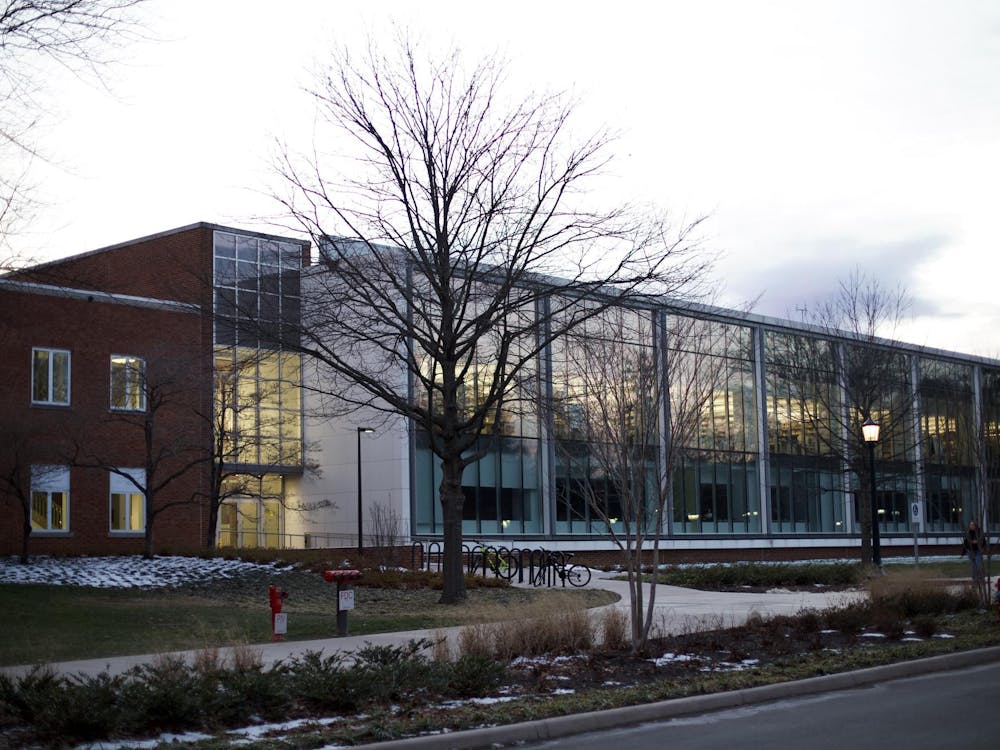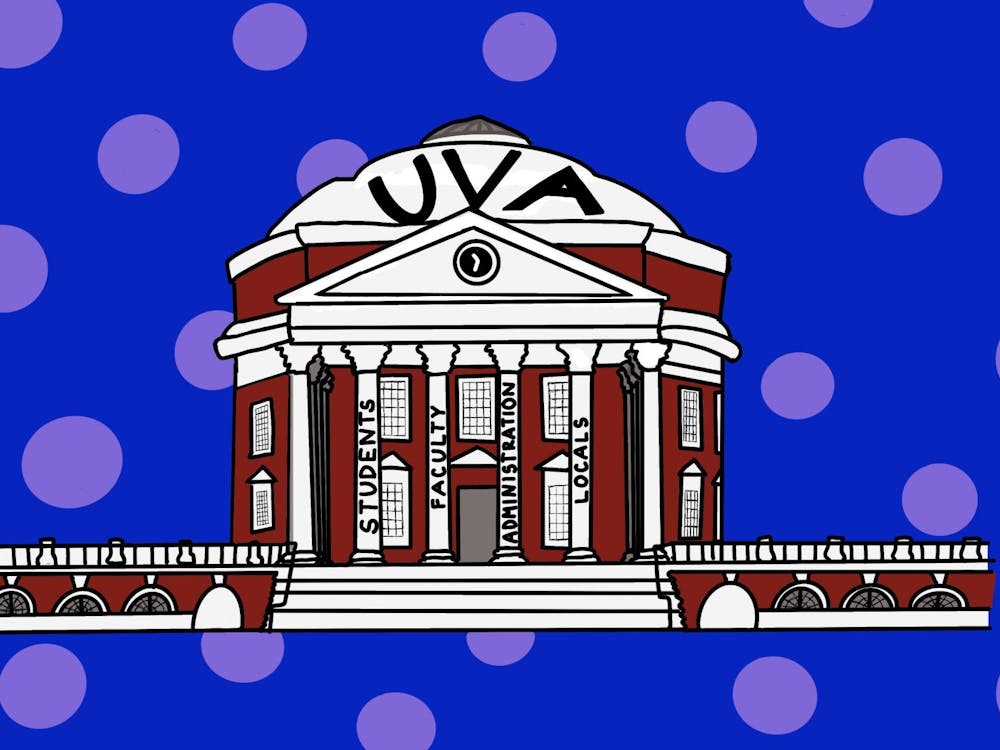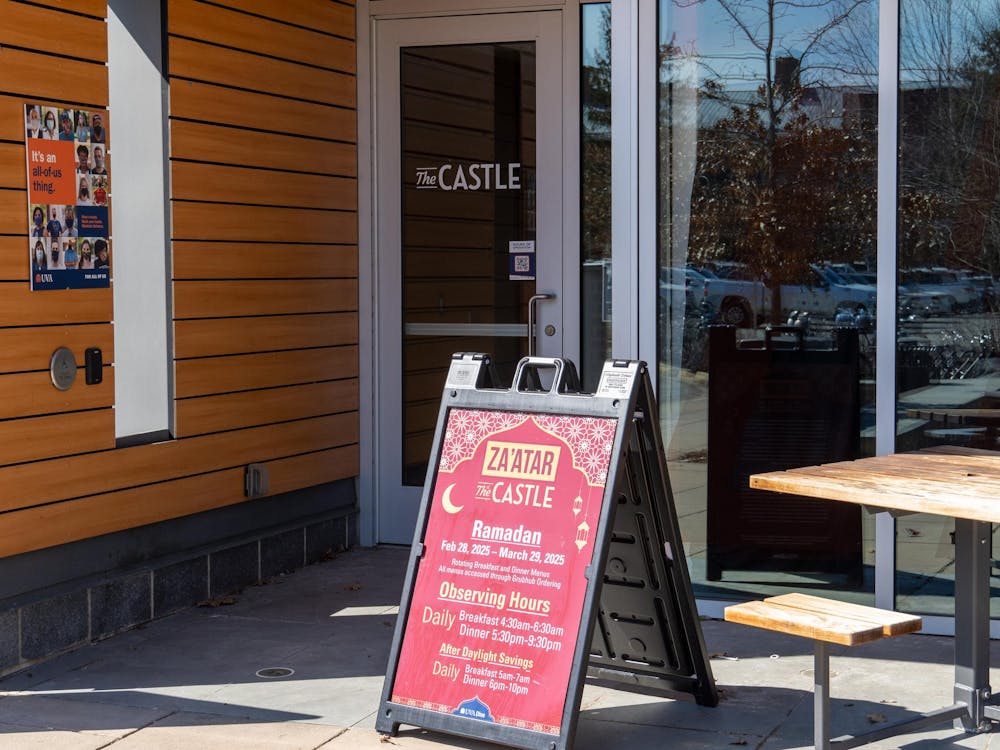Recent publicity regarding the University's sexual assault policies has raised awareness -- and revealed a great deal of anger, sadness and anxiety -- within the U.Va. community. As difficult and painful as these feelings may be, this is an opportunity to open up the conversation not only about how the University addresses rape and sexual assault, but about the aspects of our culture that support sexual and domestic violence. From a concerned parent's Web site, to the strong statements from President John T. Casteen, III Casteen and Vice President for Student Affairs Pat Lampkin, to the hundreds of students recently gathered for a silent protest, this conversation has begun to take on new urgency.
I applaud survivors who use the power of their voices to confront injustice. I respect too the decision of survivors who do not want to press charges, or find it too difficult to speak publicly about their experiences. But students should have a choice.
If more survivors felt free to speak out, then we would be further along on the difficult journey of addressing the challenges survivors of sexual and domestic violence face in our society, in our criminal justice system and here at the University.
One of those challenges is establishing a judicial system that addresses the complexities of sexual assault. Universities often play a juggling act between meeting federal regulations and doing what they believe is right, and sometimes the mix becomes very confusing. But the concerns raised by students -- particularly those who are survivors of sexual assault -- dramatically illustrate how the silencing of survivors takes many forms.
Victims are silenced by policies that are seen as unsupportive or written in an inaccessible style. They are silenced by a society that believes rape is a problem of miscommunication, by their peers who find it "hard to believe that such a nice guy could do that," by friends who add to a survivor's confusion by providing incorrect information, even if well-meant, or by authority figures who may attempt to advise but stumble in the effort. And survivors silence themselves with their own feelings of fear, embarrassment and shame. The silencing must end.
Many of us have been working to improve our policies so that survivors find them usable and supportive. That work is clearly not over. We have much more work to do, not only with the Sexual Assault Board, but also in the criminal justice system. I know this first-hand: As director of the U.Va. Women's Center's Sexual and Domestic Violence Services, I have supported student survivors who traveled through the criminal justice system. Most often, the survivor's case hits a dead-end, with no trial and no justice. The Sexual Assault Resource Agency (SARA) and the Shelter for Help in Emergency, both community agencies, offer similar services to students.
But a "safe" environment requires more than adequate policies, laws and procedures. As a community of scholars, we need a genuine commitment to learning about the social, political and cultural roots of sexual and domestic violence. And we must act on that learning.
All of us want sexual and domestic violence to end. What is your vision for how we can create such a community, and what will you act upon? My own proposals:





